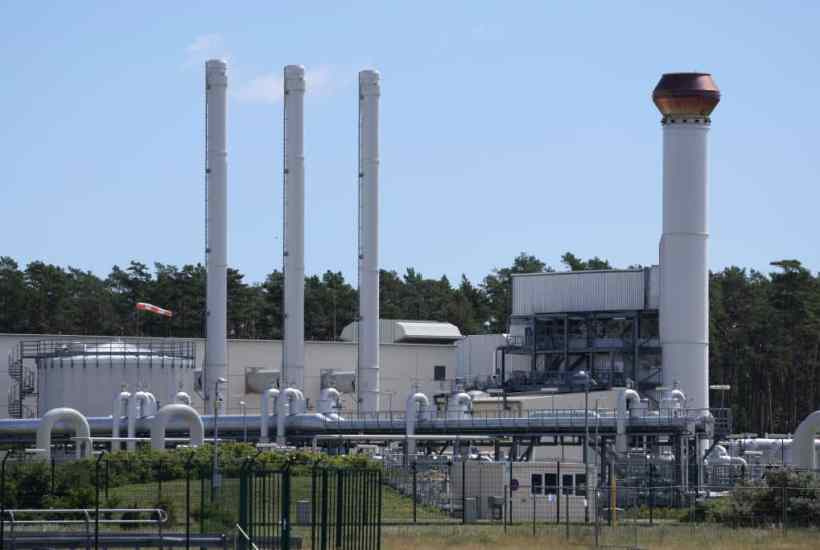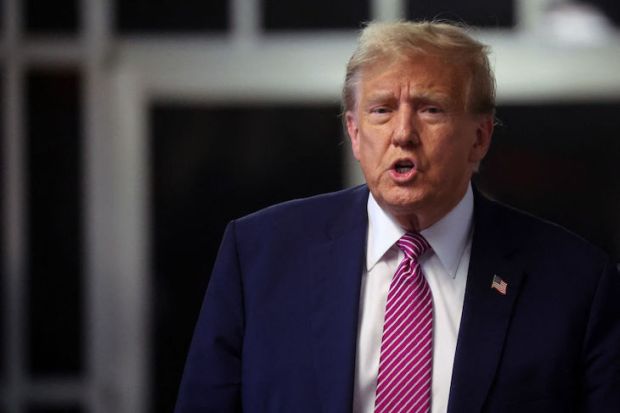Over a 20 year period, former German chancellors Gerhard Schroder and Angela Merkel, handed Russian President Vladimir Putin a vice-like grip on Europe’s energy security.
Schroder, who enjoyed a well-publicised bromance with Putin, oversaw the start of Gazprom’s Nord Stream 1 gas pipeline. With unseemly haste, soon after he stepped down as chancellor, Schroder became chairman of Nord Stream AG’s shareholder board.
Schroder’s successor Angela Merkel — the Russian speaking daughter of a Lutheran pastor who joined the East German communist youth party in her teens — was equally accommodating.
She oversaw the development of Russian gas projects in the face of opposition from her Nato allies and particular the United States, who tried to warn her off putting German industrial interests before those of European security. She could not have served Putin better.
The result is that Russia contributed 155bcm (billion cubic meters) in EU gas imports in 2021, some 45 per cent of the total. By the end of this year the EU optimistically plans to reduce this amount by 102bcm. High-cost import substitution using LNG (Liquid Natural Gas) will account for most Russian gas replacement; it is hoped that wind, solar, and other eco alternatives will make up the rest. The maths is simple. Even on a best-efforts basis, the EU will be short 53bcm this year.
At this point of maximum risk, Russia’s warning last month that it would have to shut down Nord Stream 1 for essential repairs spread panic at the European commission. This week Putin fanned fears by intimating that the 50bcm capacity pipeline might not reopen.
In response, the EU commission called for a voluntary or possibly a legally mandated cut in gas consumption of 15 per cent by all EU countries. In economic terms, this plan is apocalyptic.
As of this morning Russian supplies, albeit at lower levels, have resumed, but Putin could still shut off the supply at any time.
Against this background it has been asked whether Central Asia, which has vast gas reserves, can provide the EU with the hydrocarbons it needs. The quick answer is that in the short term it cannot.
Gas infrastructure typically takes more than five years to build. Building of the Trans Adriatic Pipeline (TAP) which connects the Caspian Sea gas fields of Azerbaijan with the heel of Italy provides a smidgen of hope. But the current capacity of 10bcm is inadequate to replace Russian supplies.
Unhappily TAP transits such unstable countries as the former Soviet Republic of Georgia, Putin friendly Turkey, Bulgaria (which is in conflict with North Macedonia), Greece (Turkey’s forever foe), and Albania whose ambitions to incorporate Kosovo into a Greater Albania adds spice to Balkan volatility.
TAP could become a greater source of EU energy if the vast Central Asian gas fields of Kazakhstan, Turkmenistan and Uzbekistan could be brought on board. They cannot. Kazakhstan is already hooked into supplying its 15bcm per annum of gas exports to China. Meanwhile, the progressive new government in Tashkent, Central Asia’s major city, has announced that it will cease gas exports because its needs its 53bcm per annum gas production for Uzbekistan’s rapidly expanding domestic market.
In theory, Turkmenistan, which already exports 35bcm per annum, provides the EU with its best medium to long term hope for Central Asian supply. The recently discovered Galkynysh field, the world’s second largest, has boosted Turkmenistan’s reserves to 4 per cent of global gas resources. It already supplies China via the 1,100-mile CNPC (Central-Asia China Pipeline) that traverses Uzbekistan and Kazakhstan before connecting with the Chinese gas grid in the Xinjiang Uighur Autonomous Region. But Turkmenistan, a hermit kingdom whose ruling family makes Kim Jong-un’s look normal, needs to diversify. A plan to build a pipeline via Afghanistan and Pakistan to India is already well advanced.
However, there are probably insurmountable problems to the linking of Turkmenistan to TAP. For 25 years Turkmenistan has been stymied in its plans to build a pipeline across the Caspian Sea to TAP’s pipeline head in Baku, Azerbaijan.
On spurious ecological grounds Russia has thus far used its littoral rights in the Caspian to block this route to European markets. In short therefore, leaving aside the unstable geopolitical issues of the southern route pipeline supply of Central Asian gas, in any useful timeframe this region cannot provide solutions to the EU’s gas problem.
The answer of course lies under the EU’s feet. The German Federal Institute for Geosciences and Natural Resources estimates that Europe’s recoverable shale gas reserves amount to a staggering 14 trillion cubic meters – more than enough supply for the 21st Century. To develop this resource would take five to15 years.
Will it happen? Unlikely. The EU’s state media, like the BBC, is in thrall to the eco-fanatics who deny the scientific evidence that fracking is a completely safe technology. Until the EU political establishment stands up to its media and Greta Thunberg et al, Europe will be subject to the tyranny of the unsavoury states that dominate global gas supply.
Got something to add? Join the discussion and comment below.
Get 10 issues for just $10
Subscribe to The Spectator Australia today for the next 10 magazine issues, plus full online access, for just $10.




















Comments
Don't miss out
Join the conversation with other Spectator Australia readers. Subscribe to leave a comment.
SUBSCRIBEAlready a subscriber? Log in